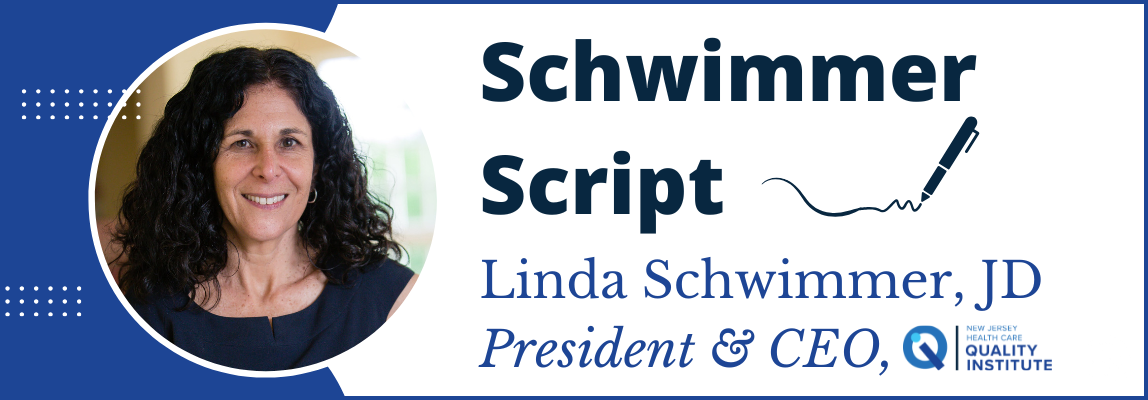New Jersey Family Care’s enrollment system is the front door to health insurance coverage for 1.8 million residents of the Garden State.
We all benefit when everyone in our communities has access to timely health care. Coverage reduces stress, enables people to seek preventive and primary care and obtain treatment before conditions become critical or life threatening. Health insurance helps people thrive, creates financial stability for our health care system, and supports a healthier society.
Unfortunately, the recent federal law intentionally narrows the opening of New Jersey’s front door to health insurance coverage, impeding enrollment by putting up barriers such as more frequent redetermination periods (when eligibility is reviewed) and soon requiring documentation on work requirements. These changes go into effect as early as the end of 2026.
There is no time to lose.
New Jersey Medicaid needs our collective support to improve and modernize the state’s enrollment systems and operations to make them as user friendly as possible. These changes will prevent people from losing coverage they are entitled to receive and will preserve Medicaid funding.
In a world with AI, smart phones, apps, and technology infused in every work function, the state can create and deploy new enrollment systems that do far more than the earlier systems envisioned to implement the ACA enrollment reforms. Of course, technology must still be supplemented by community-based organizations deploying trusted, trained people to support individuals when the process is complex. We must also leverage automatic (also called “ex parte” eligibility) re-enrollment, streamline enrollment at provider sites, and better utilize MCO engagement to members to keep people aware of the deadlines and steps they need to take to stay enrolled.
The country just went through the “unwinding” exercise where states were required to conduct redeterminations of Medicaid eligibility after the COVID-19 freeze on those reviews was lifted. The unwinding process highlighted best practices and areas for improvement. Taking those lessons learned and maximizing new technologies, the state, with our collective help, must get ready for the new challenges brought on by the federal law.
Improvement in the Medicaid eligibility determination process is long overdue. At the Quality Institute, we outlined the need for a better enrollment and eligibility system in Medicaid 2.0 Blueprint for the Future. (See recommendation number three.) New Jersey enacted legislation in 2019 to modernize the system with the development of an information technology platform for streamlined application intake, processing, and tracking, and transparency around county office performance on enrollment. The law allowed the state flexibility in rewarding and penalizing county offices and consolidating enrollment activities as needed. While the state has moved in this direction, there is much more to do and the law should be fully implemented now.
These steps are critical, not just to individuals’ health but also to the state budget. A more efficient enrollment and eligibility system will support retention of more federal funds and decrease costs and burdens of manual re-enrollment and avoid delays in care. We look forward to working on this issue and supporting the state in this effort. Please reach out if you have ideas and want to engage with us as Medicaid faces these unprecedented challenges.

